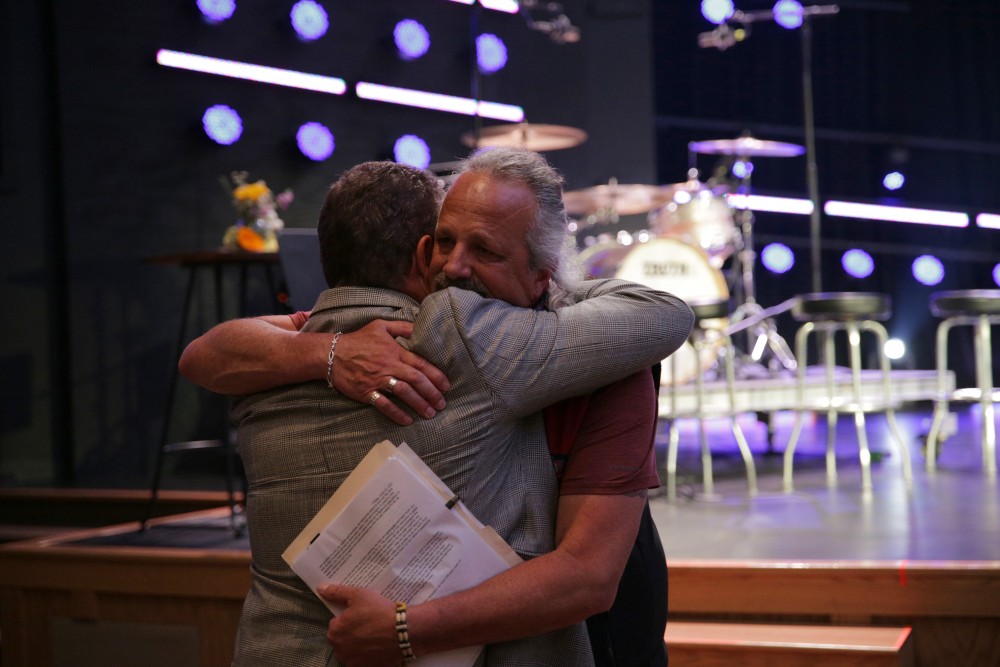Evangelical Covenant Church rebukes doctrine of discovery at annual meeting

The Evangelical Covenant Church became the latest Protestant denomination in the United States to repudiate the doctrine of discovery, the theological justification that allowed the discovery and domination by European Christians of lands already inhabited by Indigenous peoples.
Delegates at the ECC annual meeting voted overwhelmingly (84 percent) on June 25 to approve a resolution acknowledging the damage done to Indigenous peoples in the Americas by taking their land and rights and to lament the church’s complicity in the continuing effects of that history.
“After 125 years, the healing is beginning in the Evangelical Covenant Church, and I’m grateful to be starting this journey with you today,” TJ Smith, president of the Indigenous Ministers Association, said in an emotional speech after the vote was taken.




